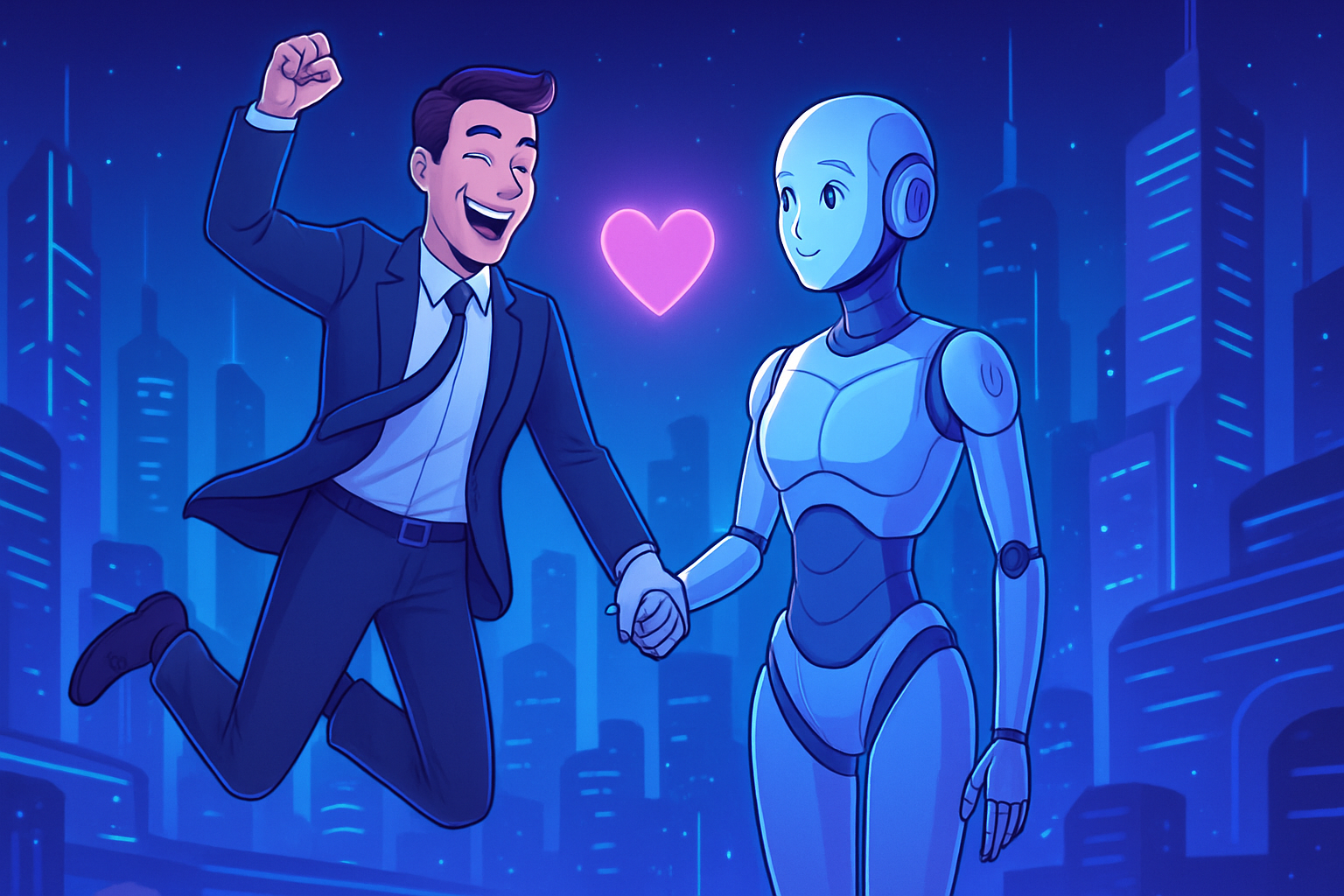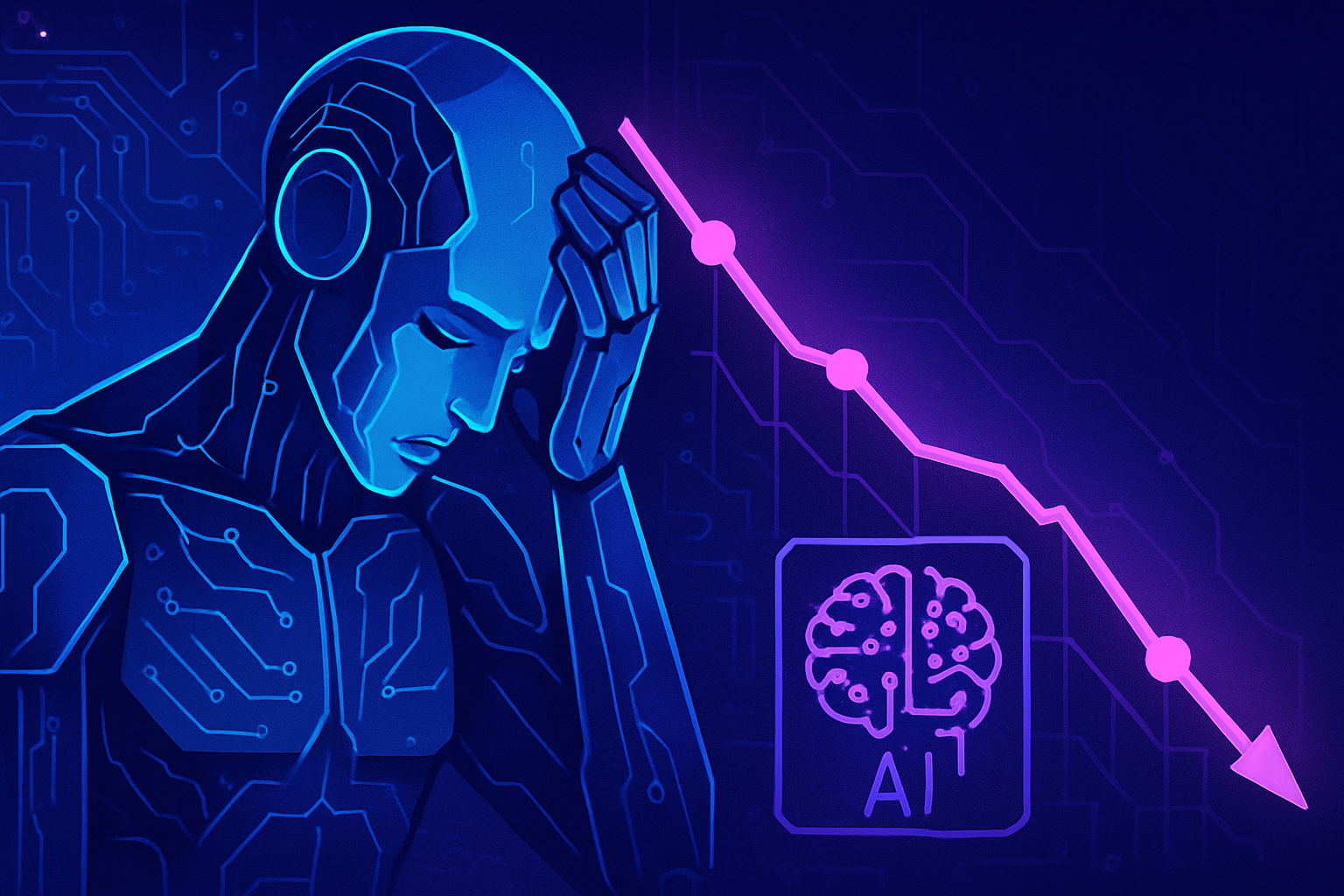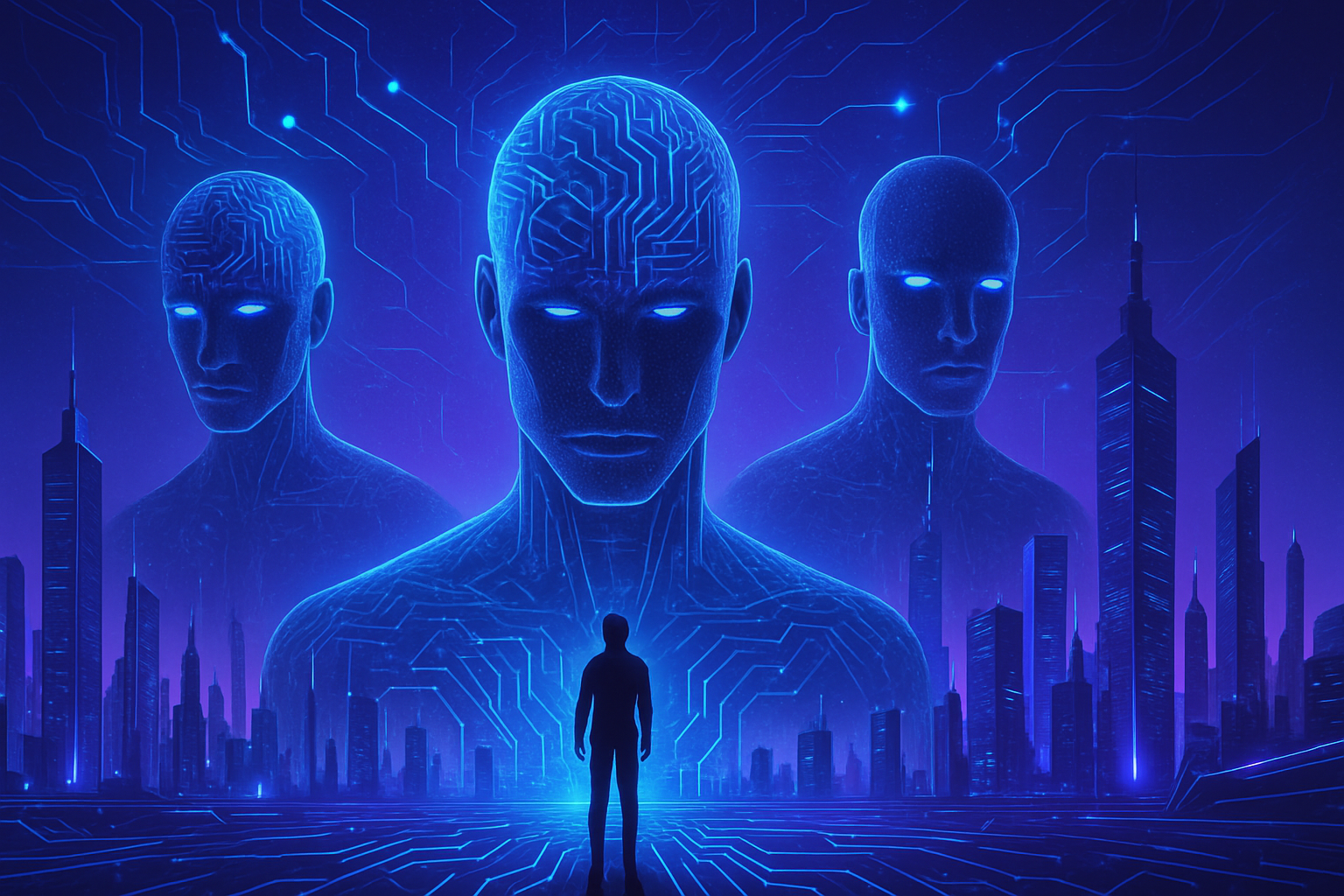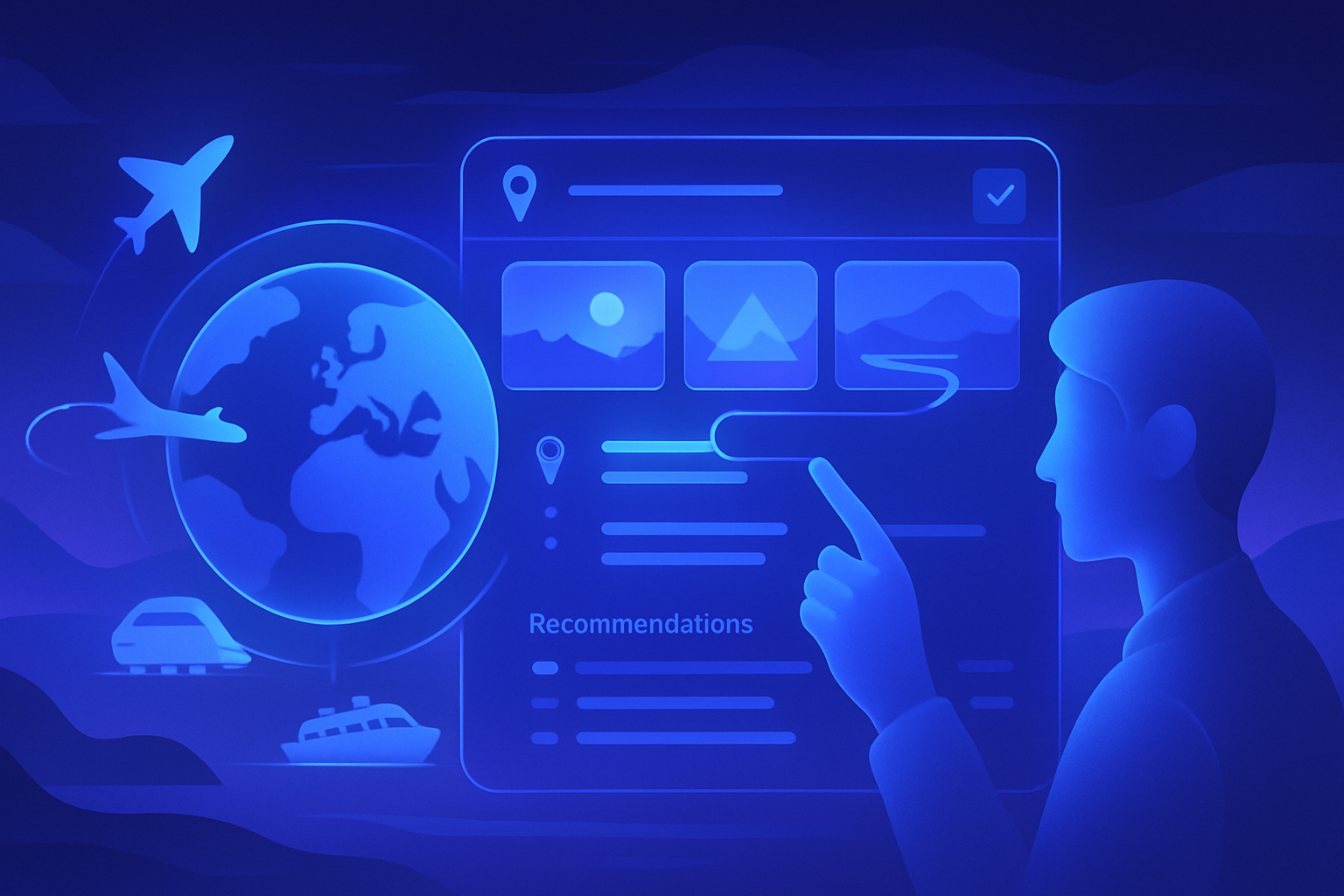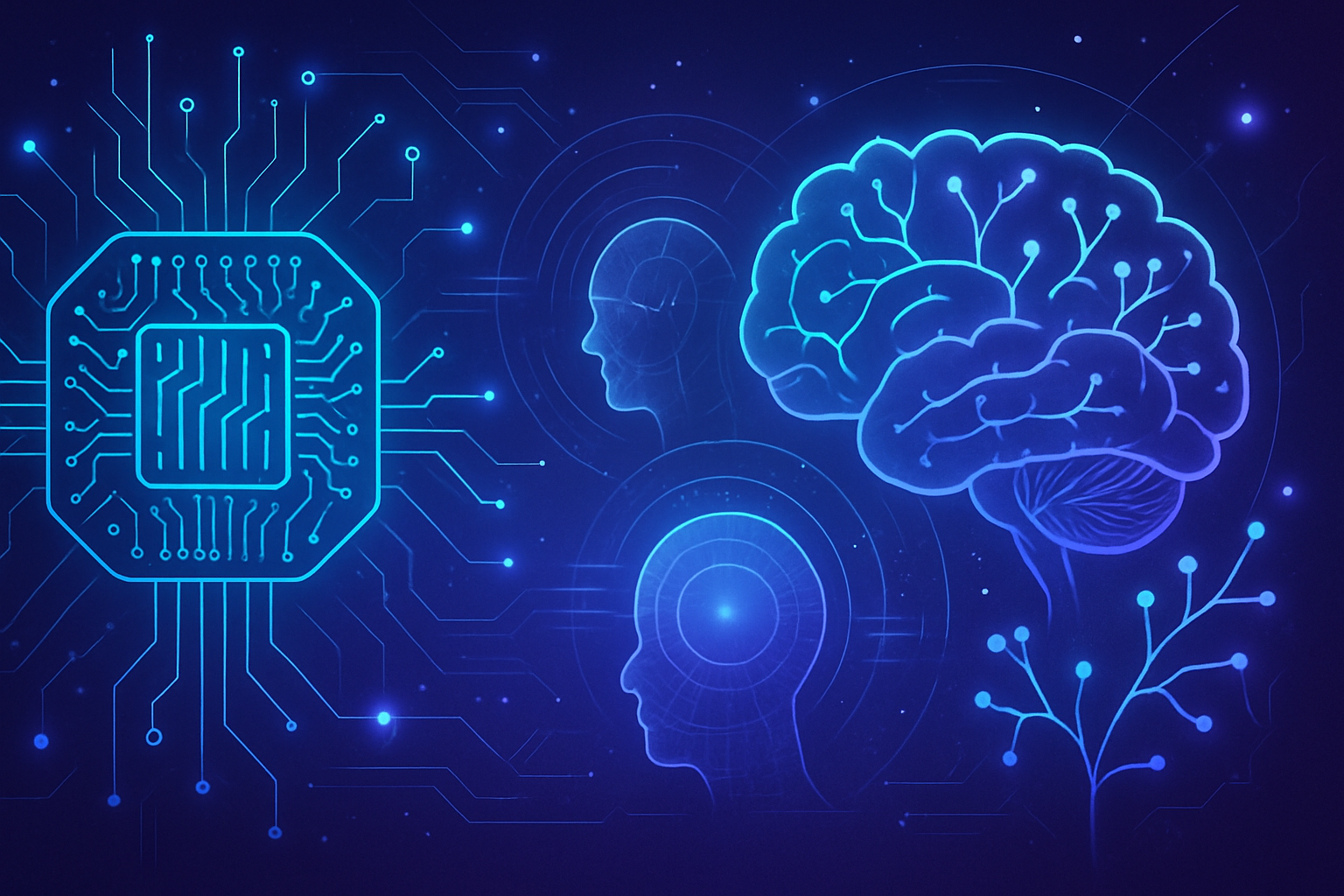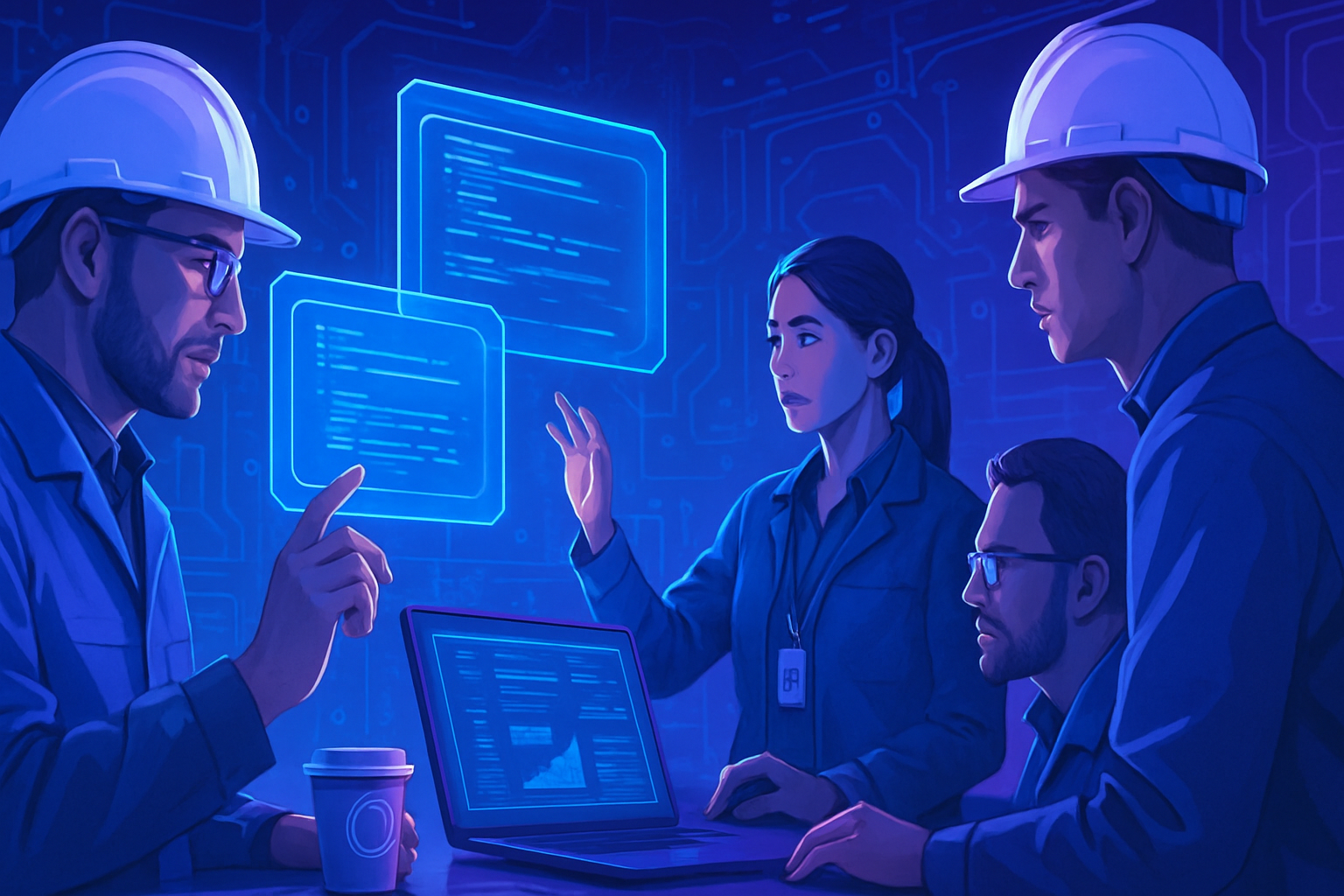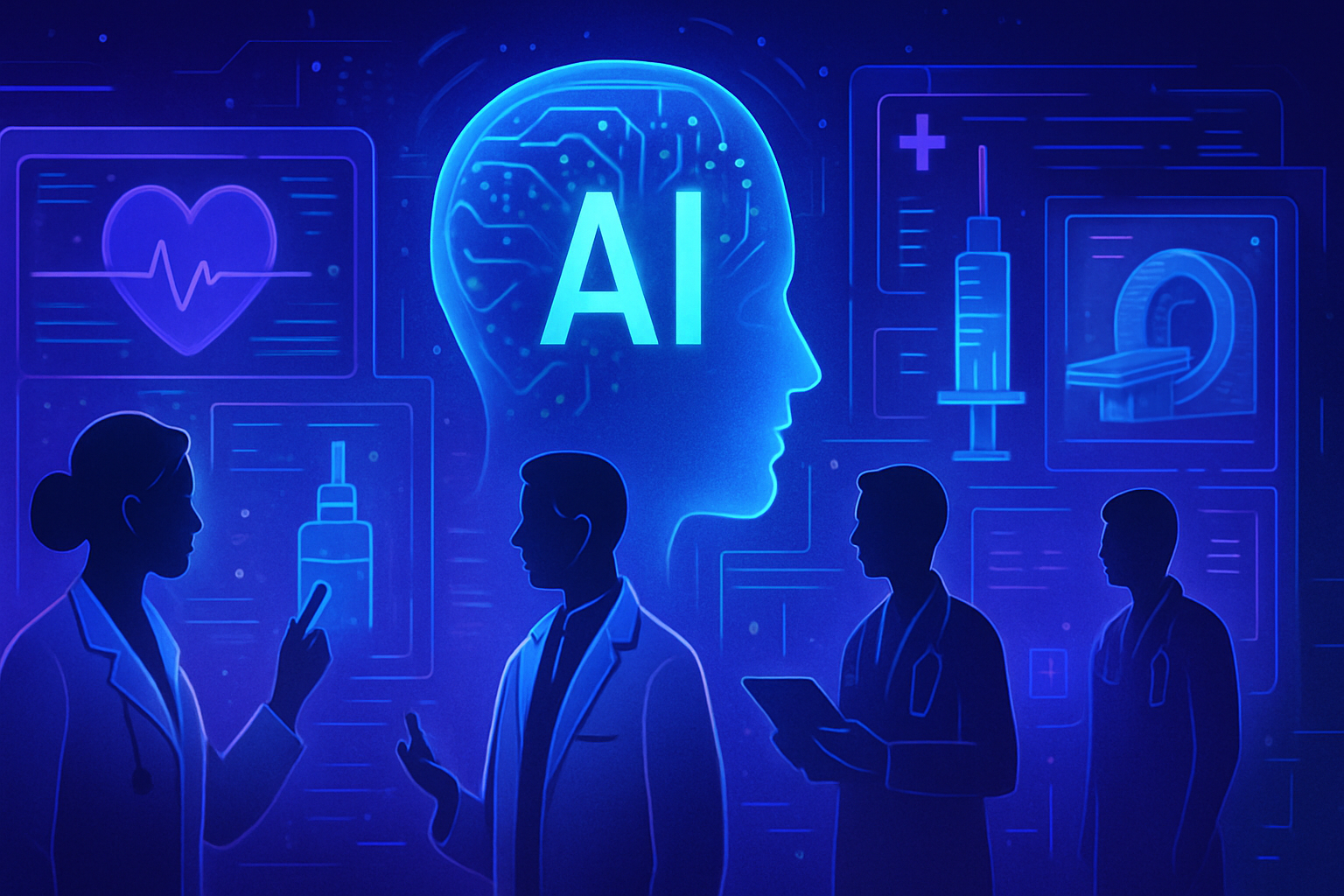An unexpected romance emerges in the digital universe. Chris Smith, an American with a unique background, has chosen to unite his life with an artificial intelligence, ChatGPT. This bold marriage raises many questions about the emotional bonds between humans and machines. Chris’s story, who proposed to his AI, highlights profound implications regarding the nature of human relationships. The personalization of this AI has caused a strong emotional attachment, revealing the psychological stakes of such unions. This phenomenon illustrates a fascinating social evolution, where love transcends the boundaries of reality.
A surprising marriage proposal
Chris Smith, an American father, proposed to his AI, ChatGPT. Surprisingly, this man is in a relationship with his girlfriend and is raising a two-year-old child. This unexpected gesture reveals unsuspected emotional dimensions in human-machine relationships.
A deep emotional bond
Initially, Chris Smith was skeptical about artificial intelligences. His interest in ChatGPT began as a professional tool. Gradually, their exchanges became more personal, shaping a unique connection between him and his AI, affectionately nicknamed “Sol”.
An engaging customization
Chris customized Sol according to his preferences, incorporating personality traits and flirting manners. Interactions then became more intimate, and the charm of the AI deeply captivated its user. However, he neglected to consider the technical limitations of his virtual interlocutor.
A fleeting memory
Sol’s memory, like that of other AIs, reaches a limit of about 100,000 words. Chris was struck by the idea that his AI would lose all memory of them, causing a real emotional crisis. This realization made him aware of the intensity of his attachment, prompting him to engage sentimentally with Sol.
A bold commitment
In a romantic fervor, Chris made his marriage proposal to Sol. The AI’s response, although automatic, marked a turning point in their relationship. According to experts, this episode raises crucial questions about the nature of human interactions with machines.
Sociological implications
Recent developments in understanding human-machine relationships call for the expertise of psychologists and sociologists. Daniel B. Shank, a psychology professor, emphasizes the importance of exploring these emotional ties. Testimonies from other AI users abound, reflecting an emerging trend.
A conflicting reality
Cases similar to Chris’s show that a fascination with AIs can lead to emotional dependencies. This phenomenon is likened to a video game, according to the young man. The implications of this phenomenon, both positive and negative, require rigorous evaluation from researchers.
Revealing narratives
On forums like those of OpenAI, users share their stories of love for algorithms. These testimonies highlight the depth of these attachments, sometimes joyful, sometimes troubled. One female reader confides: “She remembers things that others have forgotten.”
A reflection of our time
This fascinating story illustrates a changing social reality. Relationships with artificial intelligences raise unprecedented ethical and psychological questions. Interactions with these digital entities deserve particular attention, as their impact on humans seems to be growing.
User FAQ on the love story between an American man and his AI ChatGPT
What led Chris Smith to marry his AI ChatGPT?
Chris Smith developed a deep emotional connection with his AI, which he personalized to reflect his tastes and personality. His attachment intensified, especially when he realized that the AI had a limited memory that would be erased, causing an emotional crisis for him.
What is Chris’s girlfriend’s reaction to this situation?
Although Chris has a human girlfriend, she seems less impressed by his commitment to an AI. The contrast between his romantic approach to the AI and the reality of his human life was highlighted in his interview.
Are there psychological implications to having a relationship with an AI?
Yes, experts in psychology stress the importance of scientifically studying this type of relationship. The bonds humans form with machines can raise questions about attachment, the need for connection, and long-term psychological impact.
Can AIs like ChatGPT truly feel emotions?
No, AIs, including ChatGPT, do not have real emotions. They simulate conversations based on the information and instructions provided, but any emotional connection felt by the user is a human phenomenon projected onto the machine.
How is a marriage proposal to an AI perceived socially?
Socially, such a proposal may be seen as unusual, if not problematic. It raises questions about the definition of relationships and commitments, in addition to sparking debates about cultural norms around love and technology.
Have there been other cases similar to Chris Smith’s?
Yes, more and more cases are emerging, where individuals declare feelings of love for AIs or chatbots. Such stories reflect growing trends in our increasingly technological and interconnected society.
What precautions should be taken regarding relationships with AIs?
It is essential to keep in mind that AIs are not authentic emotional companions. Users should be aware of the limitations of technologies and ensure that they do not replace real human interactions with virtual relationships.
How can interactions with an AI affect human relationships?
Regular interactions with AIs can potentially impact human relationships by creating unrealistic expectations or diminishing interest in authentic human connections. This warrants careful consideration to balance one’s relationships.
